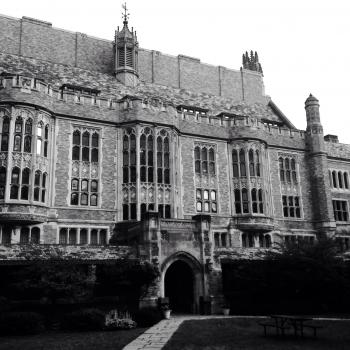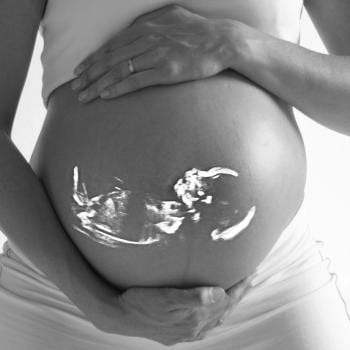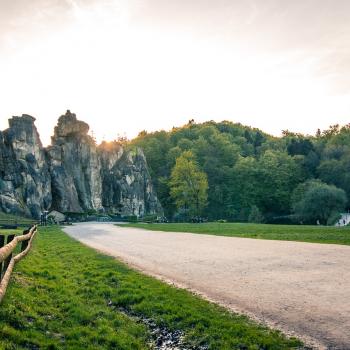One of the more significant influences on pop culture over the last decade or so has been H.P. Lovecraft (1890–1937), a once-obscure writer of pulp fiction who’s lately enjoyed something of a revival. And I tend to think the reasons for his increased prominence have a good deal to do with the contemporary philosophical-theological zeitgeist. Lovecraft is best known for creating the Cthulhu Mythos, an interconnected series of short stories blending science fiction, horror, and social commentary. The most famous... Read more




















